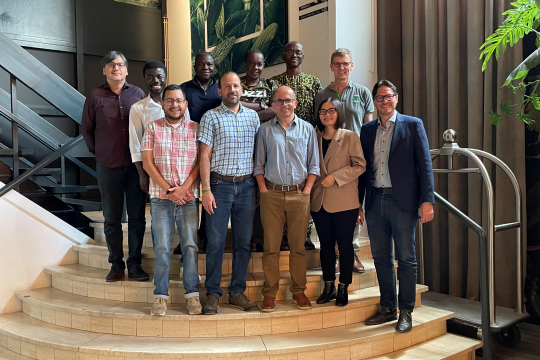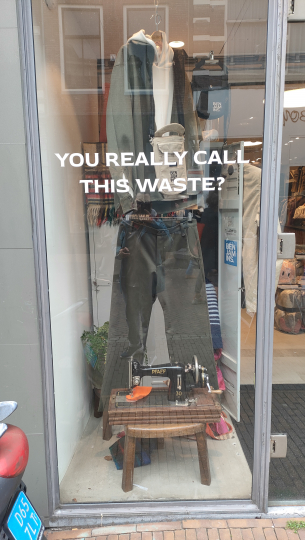EfD Central America organized a meeting in Wageningen, Netherlands, on May 29 and 30 to promote collaboration between EfD centers within the framework of the collaborative program SCOPE (Sustainable Consumption and Production). The objectives included, among others, prioritizing research areas.
The SCOPE collaborative program aims to identify interventions that can change behaviors among consumers, producers, and organizations, accelerating “transformative pathways” toward consumption and production that are environmentally sustainable. These interventions are intended to be relevant across different sociocultural contexts. Therefore, collaborative research between countries is key.
“The consumption and production currently cause increased waste generation and resource depletion. We need sustainable practices to ensure the well-being of future generations. SCOPE is dedicated to conducting research and developing strategies that promote sustainable living and resource conservation,” says Pablo Ernesto Evia Salas, EfD Central America researcher and coordinator of the SCOPE collaborative program.
Over 2 full days of work, the team delineated three main topics: food waste, electronic waste (e-waste), and fast fashion and its consequences on waste generation. The participants proposed general guidelines for research topics in those three areas. These guidelines contain the basic elements of a research proposal: 1) problem statement and research question(s); 2) methodological design; and 3) policy implications. A long-term research strategy was discussed for SCOPE, incorporating research topics related to the circular economy and waste management.
Four center directors, SCOPE leaders, and representatives from the Global Hub were among the participants in the meeting.
“Collaboration is essential for fostering innovation and addressing the multifaceted challenges associated with sustainable consumption and production. By including diverse perspectives and expertise, SCOPE can undertake research particularly relevant to the Global South,” notes Pablo Ernesto Evia Salas.
The steps following this meeting involve consolidating SCOPE and its strengths in the identified research topics and maintaining constant communication and coordination among the collaborative members

